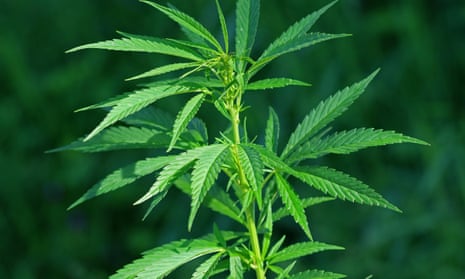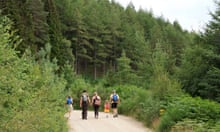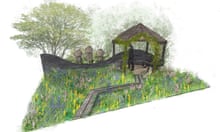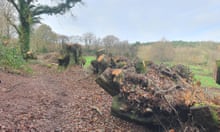In all the debates on how to curb climate change, hemp is hardly mentioned. Better known as cannabis, modern varieties of hemp are too weak to use as narcotics, but they are extremely efficient at absorbing and locking up carbon.
Hemp is one of the fastest-growing plants in the world and can grow 4 metres high in 100 days. Research suggests hemp is twice as effective as trees at absorbing and locking up carbon, with 1 hectare (2.5 acres) of hemp reckoned to absorb 8 to 22 tonnes of CO2 a year, more than any woodland. The CO2 is also permanently fixed in the hemp fibres, which can go on to be used for many commodities including textiles, medicines, insulation for buildings and concrete; BMW is even using it to replace plastics in various car parts.
But unlike many other countries, the UK still classifies industrial hemp as a controlled drug, and growing the plant needs a Home Office licence. Cultivation in Britain is only about 800 hectares but work at the University of York and Biorenewables Development Centre aims to increase this to 80,000 hectares and make hemp a leading UK crop.

Could hemp be a key tool in fight against climate change?
This article is more than 1 year old
The fast-growing plant is believed to be twice as effective as trees at absorbing and locking up carbon
Explore more on these topics










Comments (…)
Sign in or create your Guardian account to join the discussion